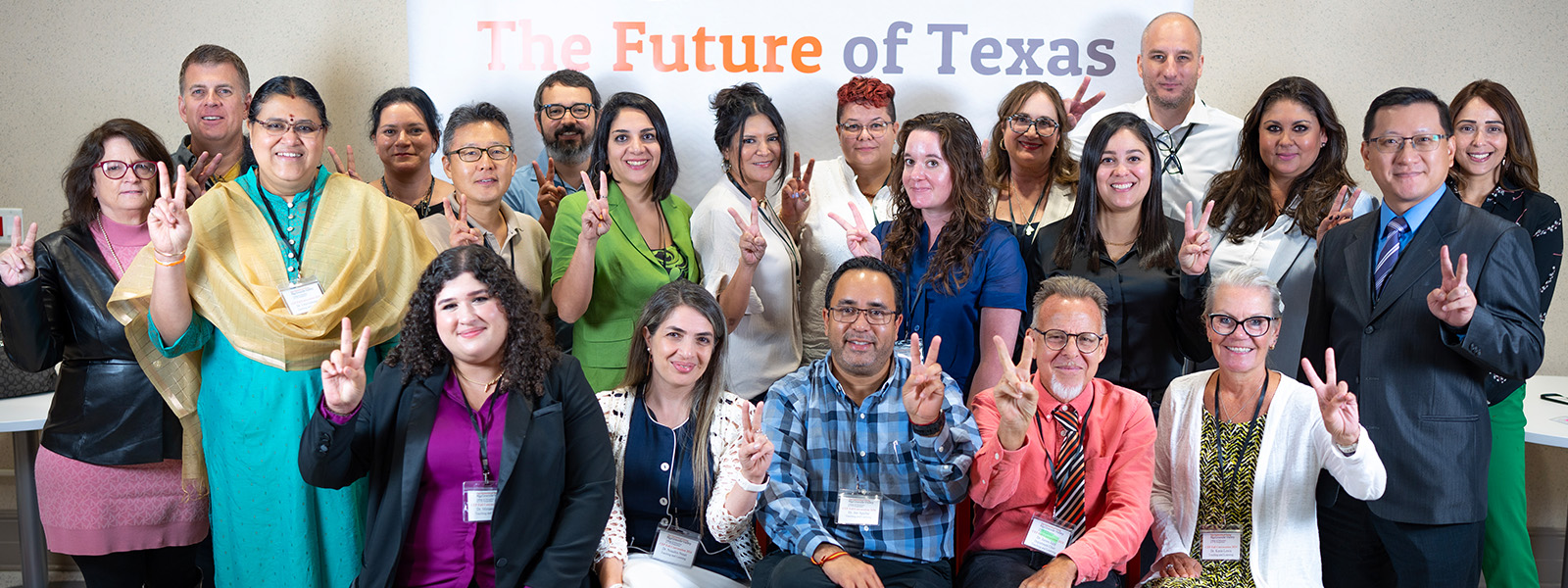
Teaching and Learning Faculty Publications
Document Type
Article
Publication Date
8-17-2023
Abstract
The transmission of COVID-19 suddenly shifted most school classes to online lectures, and these unexpected changes often exacerbated existing imbalances by region and school. Our study used land price data as a proxy for regional wealth and empirically examined the inflation of education inequality between the areas with high and low land prices during the COVID-19 pandemic in South Korea. The gaps in the average high school Math and English scores between 2019 and 2020 (Y1 effect) and 2019 and 2021 (Y2 effect) are used as the main educational outcomes. We utilized the spatial difference-in-difference (DID) method to reflect the spatial autocorrelation on the school-level distribution of the score changes. The impact of the online class conversion on student performances was found to be significantly different between the regions with low and high land price and was more noticeable for the Math score during the first year of the pandemic. During the second year of the pandemic (2021), the scores increased in both regions, but the regional gap remained persistent. Evidence-based policies should be implemented to enhance regional educational conditions and resources, which, in turn, should prevent educational inequality across the regions stemming from the conversion to online classes.
Recommended Citation
Jeong, D.; Kim, D.; Mohiuddin, H.; Kang, S.; Kim, S. Regional Disparity in the Educational Impact of COVID-19: A Spatial Difference-in-Difference Approach. Sustainability 2023, 15, 12514. https://doi.org/10.3390/su151612514
Creative Commons License

This work is licensed under a Creative Commons Attribution 4.0 International License.
Publication Title
Sustainability
DOI
https://doi.org/10.3390/su151612514


Comments
© 2023 by the authors.